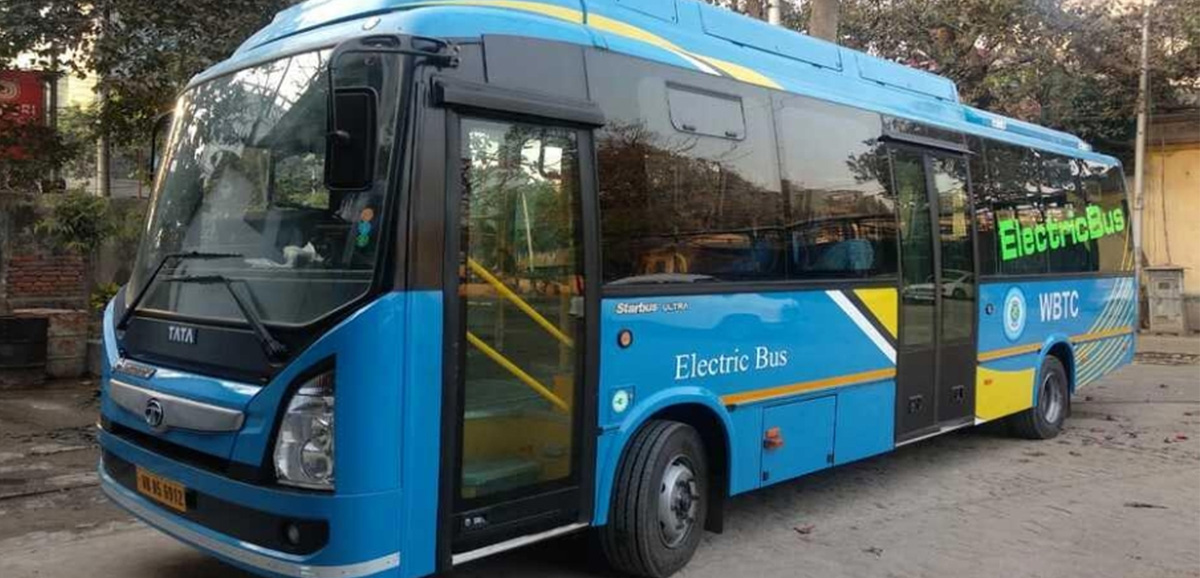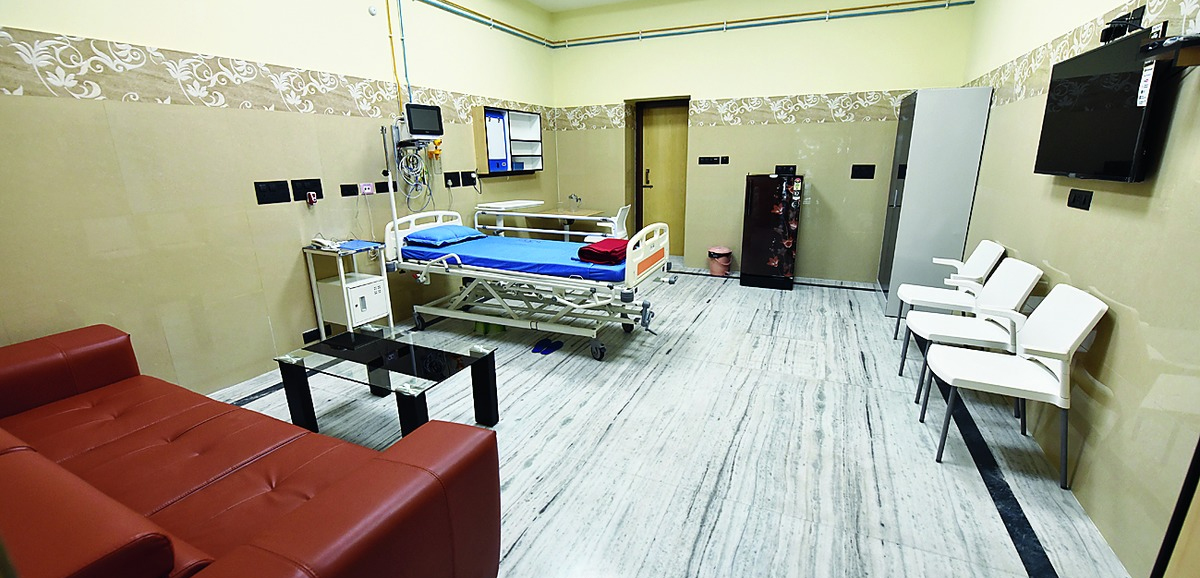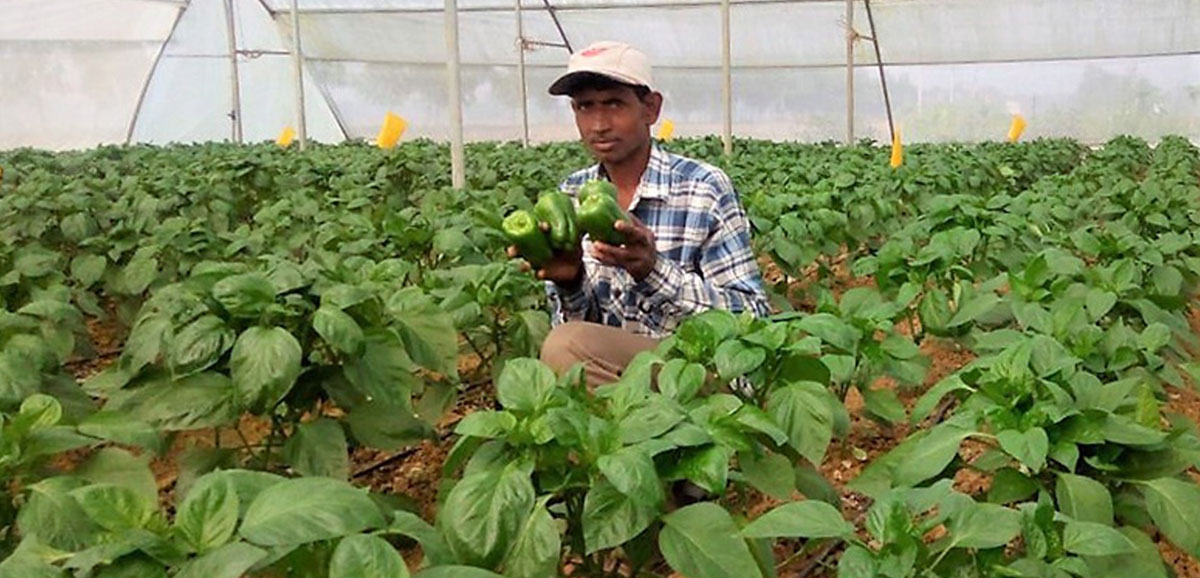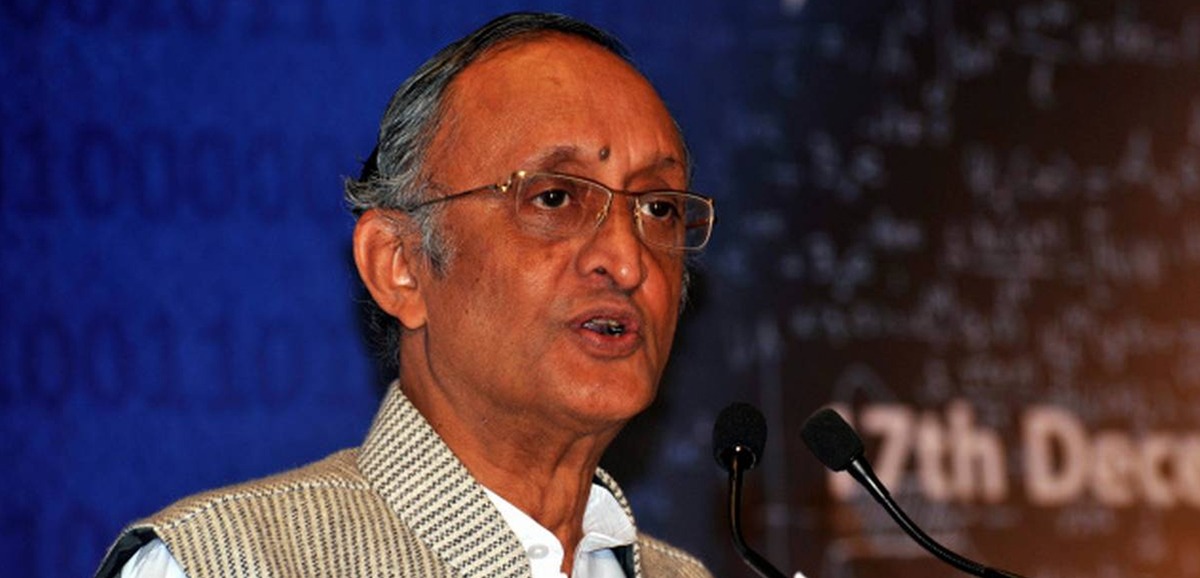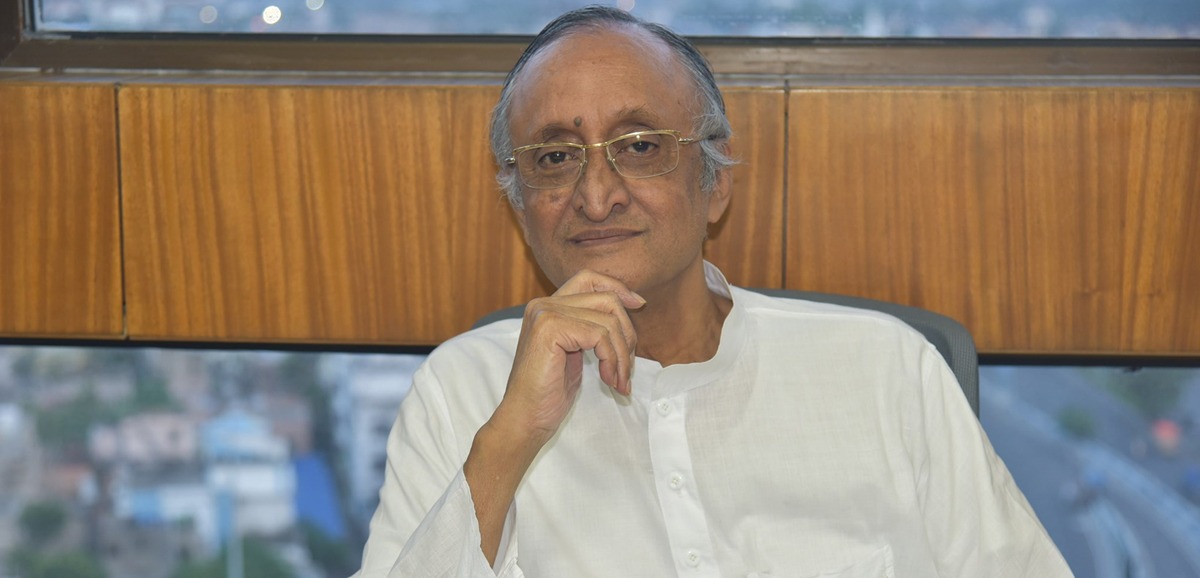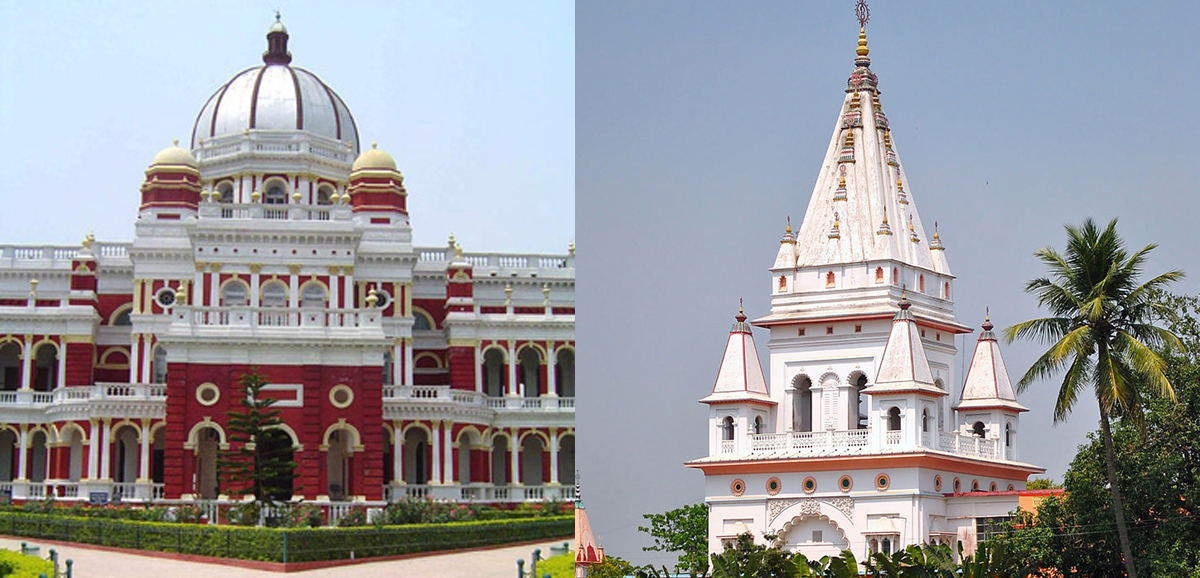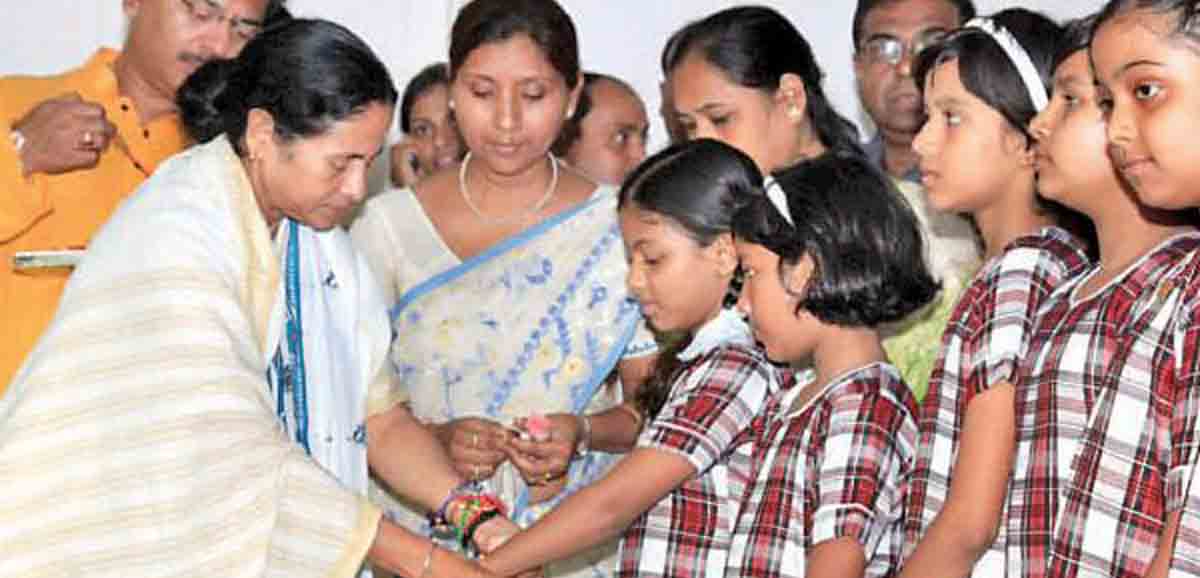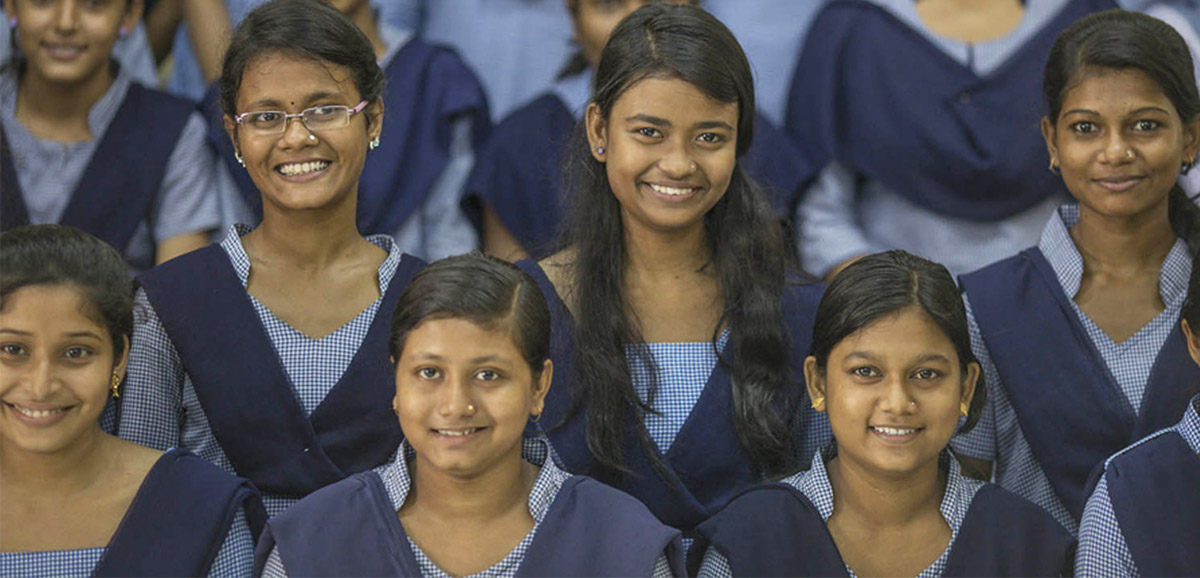Twenty electric buses and 20 CNG buses were flagged off recently by the State Transport Minister from Paribahan Bhawan in Kolkata.
Both electric and CNG buses are environment-friendly and hence are being introduced by the government to curb the level of pollution in the State. Several such buses are already running in the State. In February, Chief Minister Mamata Banerjee had inaugurated 20 electric buses.
While the electric buses will be run by West Bengal Transport Corporation (WBTC), the CNG buses will be run by South Bengal State Transport Corporation (SBSTC).
Each of the electric buses is 12 metres in length. They are more spacious and have more number of seats. While the electric buses will run in and around Kolkata, the CNG buses will be plying in and around the Durgapur-Asansol zone.
It may be mentioned that the State Transport Department has planned to operate CNG buses all over the State, which will be done in phases.
During the inauguration programme, the Transport Minister said that the State Government will be purchasing 150 more electric buses. Of the 150 e-buses, 25 each will be rolled out in Asansol and Siliguri and 50 each will be rolled out in Haldia and the New Town-Rajarhat zone.
Sources: Millennium Post, The Statesman

